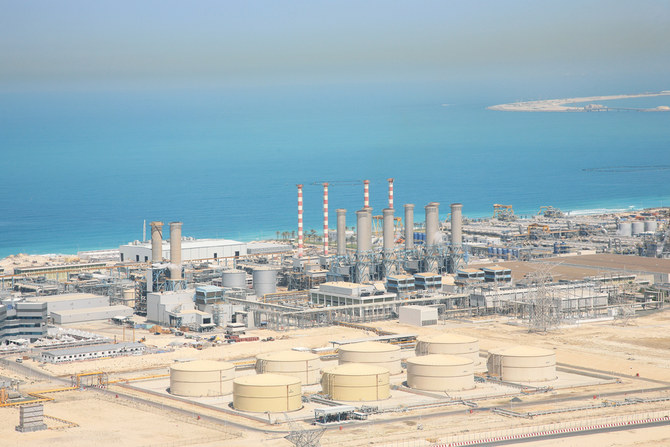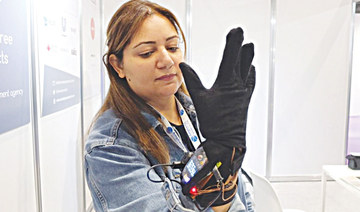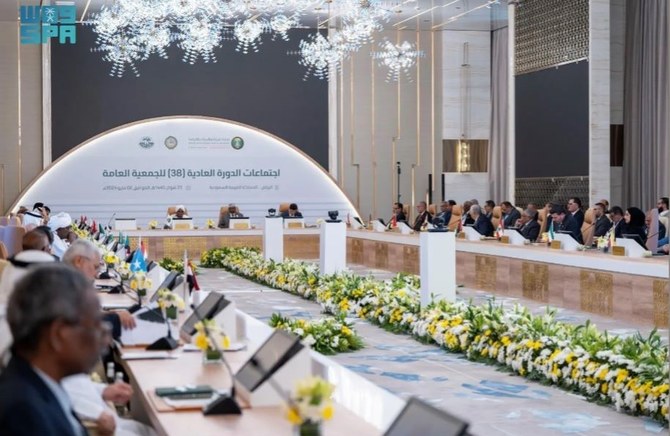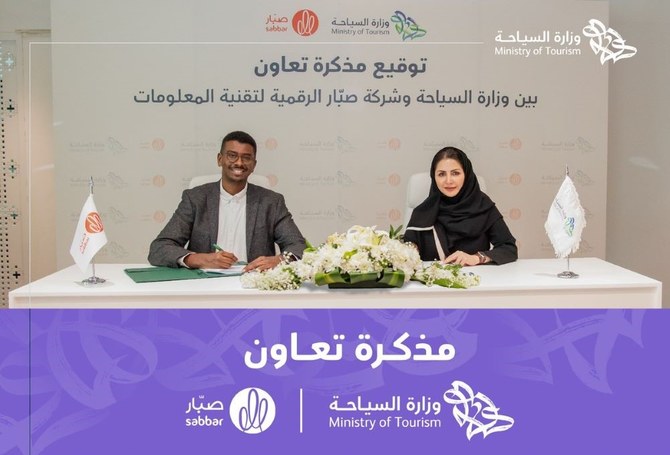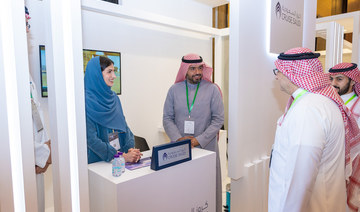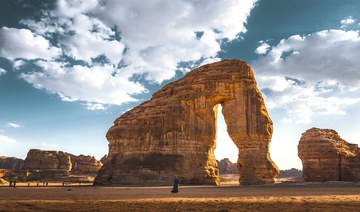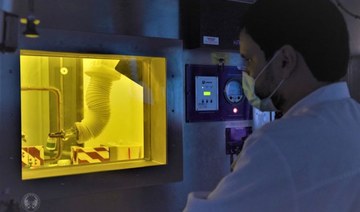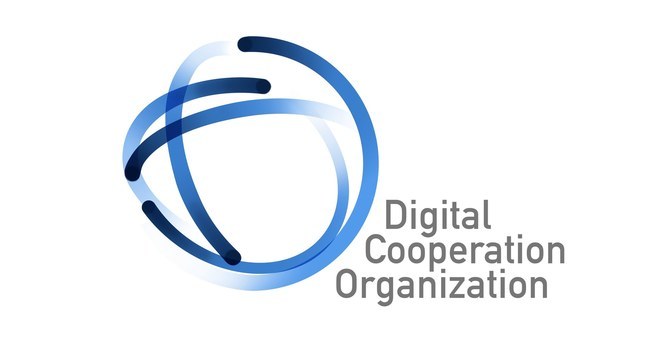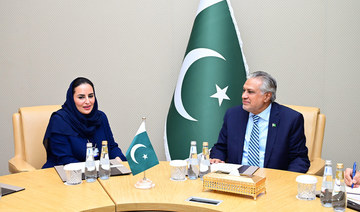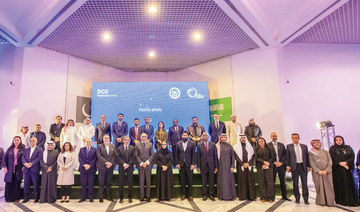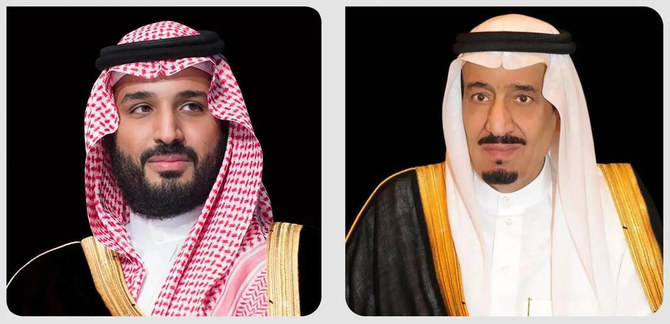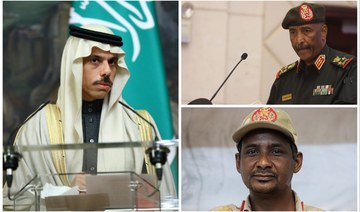DUBAI: The use of solar power to produce plentiful supplies of safe drinking water has long been seen as an answer to many of the Middle East’s pressing challenges relating to water and energy. Now a project at Saudi Arabia’s King Abdullah University of Science and Technology (KAUST) has raised hopes of just such a solution.
Researchers at the university’s Water Desalination and Reuse Center in Jeddah say they have developed a technology that uses waste heat recovered from solar panels to power a desalination process that produces clean water from seawater.
“The global solar panel installed capacity is huge, so the quantity of waste heat produced is enormous,” said Dr. Peng Wang, a professor at the center.
“We can use this to give us fresh water and also show us a very attractive future.”
Few regions in the world stand to benefit from such an invention as much as the Arabian Gulf. Saudi Arabia, for example, is one of the poorest countries in the world in terms of water resources per inhabitant, according to UN data.
IN NUMBERS
9% - Saudi Arabia’s electricity used for desalination of seawater
38% - Middle East and North Africa’s share of global water-desalination capacity
40% - Saudi Arabia’s electricity from burning oil (2016)
40% - Saudi electricity demand rise expected over 2019-2030
40 gigawatts - Saudi solar PV energy capacity target for 2030
$100 billion - Investments needed globally by 2030 for solar applications
“Saudi Arabia produced close to 2 billion cubic meters of desalinated water in 2018, and it is estimated that by 2030, 50 percent of Saudi Arabia’s local oil and gas will solely be used to meet the domestic demand for fresh water," Peng said.
“The production of drinking water in Saudi Arabia consumes a lot of fossil fuels, which is not sustainable. The solar potential that the Kingdom has is massive. We say it has the best solar energy in the world, but we are not using it. We have the energy, but on the other hand we don’t have fresh water. So if you can use this energy to give you fresh water, it’s the best solution,” he said.
For two years, Peng has been working on developing a new, more sustainable desalination system. “We know that solar panels have a big problem of wasted heat,” he said, referring to photovoltaic (PV) modules that convert sunlight directly into electricity. “We decided to combine these two together — the heat coming from the solar panel and our desalination process.”
Thanks to advancements in technology, modern solar panels are increasingly effective in harvesting solar energy. According to Peng, solar panels can absorb more than 90 percent of incoming solar radiation. However, only 10 to 20 percent of this energy can be converted by most commercial solar panels into electricity.
“This means that about 80 to 90 percent of the harvested solar energy is actually converted to heat,” he said. “It is also the reason commercial solar panels get very hot in the daytime.”
In fact, solar panels across the Kingdom are known to record levels of up to 40C above the ambient air temperature during summer months. “If it’s 30C (ambient temperature), the panel can be as hot as 80C,” Peng said. “This means the solar panel suffers from some kind of drawback.”
Put another way, there are limits to the amount of sun’s heat that can be converted by a solar panel into electricity. “People have been working on various ways of cooling down solar panels, but so far it hasn’t been very successful,” he said. “At this stage, our device utilizes the waste heat (from solar panels) to give us something useful, which is drinking water.”
The device built by the research team can make both seawater and contaminated groundwater into drinking water. As of now, it can produce almost four liters of drinking water per hour using the heat from solar panels. “We believe this is a significant number, especially when you think of all the solar panels you have installed in the entire world,” he said.
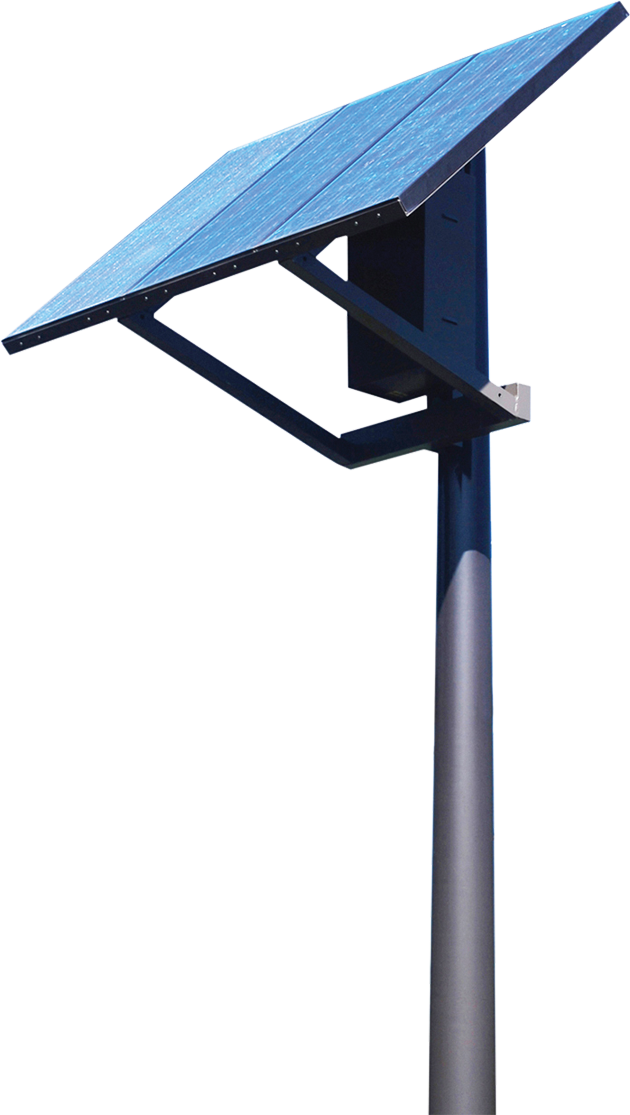
‘Sun-rich’ countries such as Saudi Arabia and the UAE stand to reap the greatest benefits from the KAUST breakthrough in sustainable desalination technology. (Shutterstock)
“The calculation we have is also very attractive. It tells us that if every solar panel uses our device, we can have at least 10 percent of the world’s drinking water in about six years’ time — and this is a conservative estimate.”
Saudi Arabia, the UAE and the wider Gulf region are among the 122 “sun-rich” countries that lie either completely or partly between the Tropic of Cancer and the Tropic of Capricorn. In theory, at least, the amount of potable water production available to these countries could be doubled if sufficient numbers of solar installations were set up.
“You should expect drinking water coming out of these devices for the entire country,” Peng said, referring to Saudi Arabia, which has set ambitious renewable energy production goals for itself. According to the National Renewable Energy Program’s website, the target for energy from solar photovoltaics alone is 40 GW in 2030. “If by that time every panel in the Kingdom (includes) our device, by our conservative calculation is that they will produce more than 50 percent of the drinking water for Saudi Arabia.”
The research center’s breakthrough looks even more promising if the technology is adopted on a large scale. To this end, the scientists behind the device will have to carry out more work to enhance the system’s scalability and stability.
A scientific paper published on July 10 said the largest device the team was able to build so far measured 10 sq. cm. “At this point, we can double that size, but our target is to make it one square meter within the next 12 months,” Peng said. “This is the next step in our project.”
Stability is of equal importance since desalinating seawater is no easy matter given the harmful impact of high salt concentrations on the device. Scale formation due to salt precipitation inside the device is a problem that scientists are currently trying to solve, with answers including a system that can operate for long periods without major maintenance.
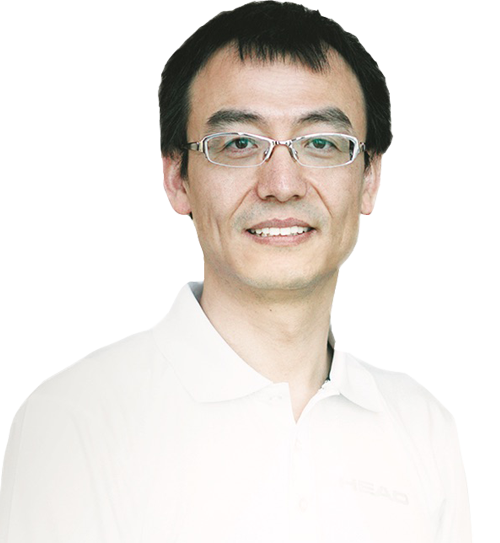
Prof. Peng Wang
“It’s a very attractive drinking-water production system, especially in decentralized facilities,” Peng said. “By decentralization, we mean producing drinking water in places where you have low-to-medium population density, such as off-grid small villages, small tribes, islands, all kinds of maritime activity and small towns with populations of about 10,000. Our technology is attractive to places in need of niche applications.”
Once the device is able to produce fresh water on such a scale, the next step could include dryland agriculture to grow plants or grass for sheep. “Farmers see an opportunity there,” he told Arab News. “With our device, you can have significantly more water. When you have water in a dry place and in arid to semi-arid regions, you can do many things that were once challenging.”
However, keeping the device’s manufacturing cost as low as possible will be critical if it to be affordable for impoverished areas. Although research is still in its early stages, the research scientists will have a clearer idea of the costs when they are able to build large-scale devices.
“Hopefully by next year, we will have a pilot-scale demonstration to show the world,” Peng said. “One branch under Saudi Arabia’s Ministry of Energy has already contacted us to express interest and they are talking about the possibility of granting us funds to help speed up the process. We are in negotiations with the government and other companies that are also interested in helping us.”
Looking to the future, Peng sees vast scope for the device, which has drawn attention to KAUST’s research expertise in water desalination and reuse.
“We will all run out of oil reserves at some point and solar is easily the most renewable energy known to us,” he said. “There are more than 800 million people in the world who have no access to clean water. Living in rural areas in underdeveloped countries, where the best infrastructure isn’t available, they look for decentralized drinking water solutions. Our technology should match this need very nicely.”



